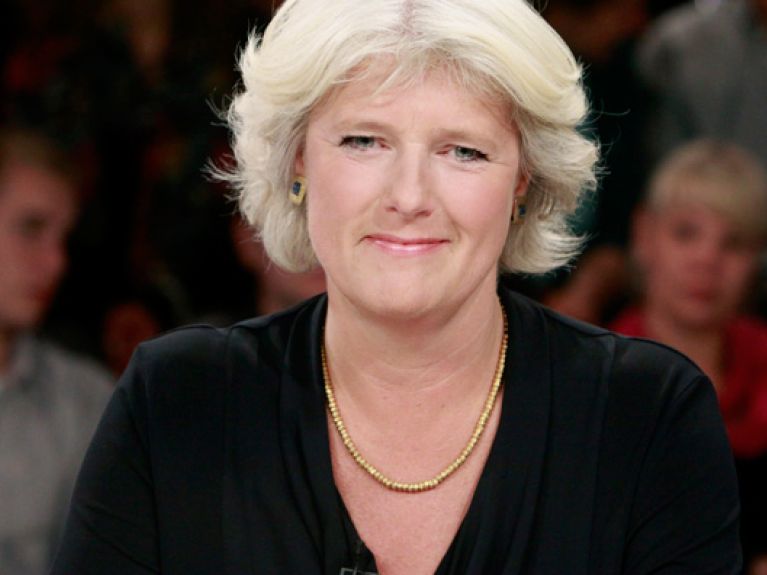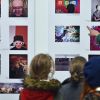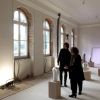Work begins at German Centre for Lost Cultural Property
The German Centre for Lost Cultural Property is the central point of contact for anyone searching for or conducting research into Nazi-looted art.

It was the spectacular case of Cornelius Gurlitt that catapulted the subject of Nazi-looted art into the headlines at the end of 2013. At the time, hundreds of valuable paintings by artists such as Picasso, Chagall and Matisse had been discovered in the Munich apartment of the art dealer, who by then had died. The provenance of the artworks was unclear. In the meantime, the suspicion that some of them are works looted by the Nazis has been confirmed in individual cases. Hildebrand Gurlitt, Cornelius’ father, had been one of the leading art dealers under the Nazi regime. The National Socialists had stolen thousands of paintings, sculptures and other cultural assets, primarily from Jewish collectors.
State-organized looting of art by the Nazis
Using the “Lost Art” database among other things, Germany had been searching for artworks in recent years, though there had been no systematic investigation into this biggest art theft of the twentieth century. For Monika Grütters, Federal Government Commissioner for Culture and the Media, the German Centre for Lost Cultural Property represents another “step on the way towards shedding light on the state-organized looting of art during the Nazi reign of terror”. The centre is run by a foundation whose advisory board is headed by Monika Grütters. The minister went on to say that Germany cannot allow artworks suspected of having been stolen by the Nazis to remain unrecognized in the collections of museums, archives and libraries.
The remit of the German Centre for Lost Cultural Property, which began its work in January 2015, is to advise and support public institutions in their search for Nazi-looted art. It has also been tasked with developing services for private collectors and private museums. The German government wishes to expand provenance research with the centre in Magdeburg. On a national and international level, it is to serve as the central point of contact in Germany for all matters concerning the 1998 Washington Principles as well as the 1999 German Common Statement. In both agreements, Germany and other countries had undertaken to identify artworks confiscated or stolen by the National Socialists and to return them to their rightful owners.
